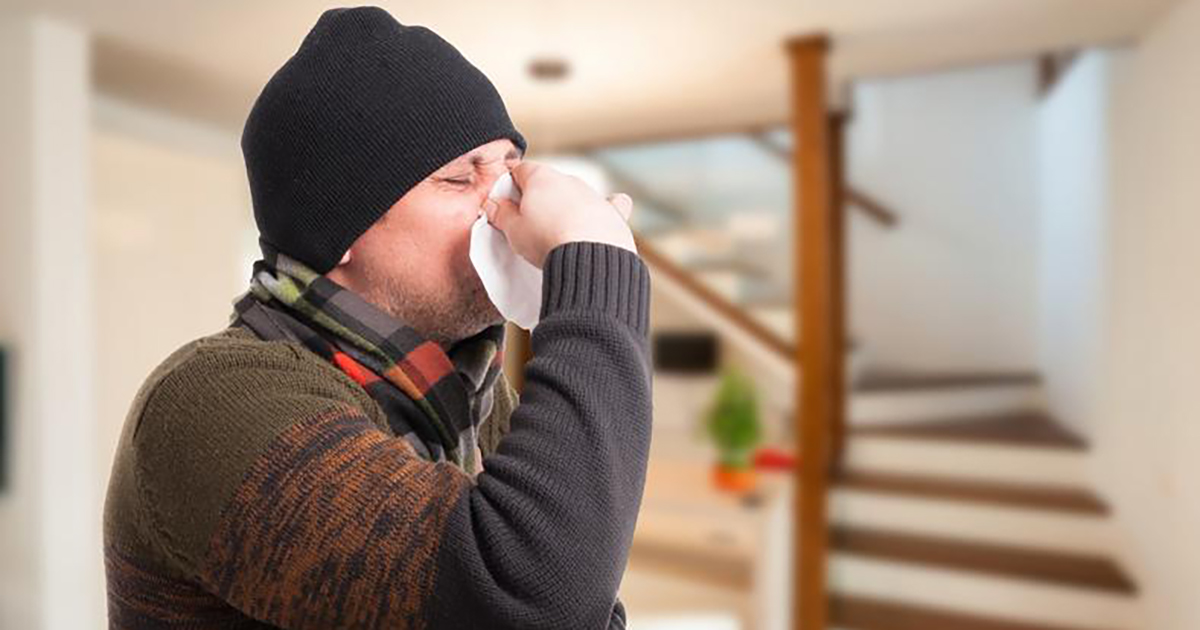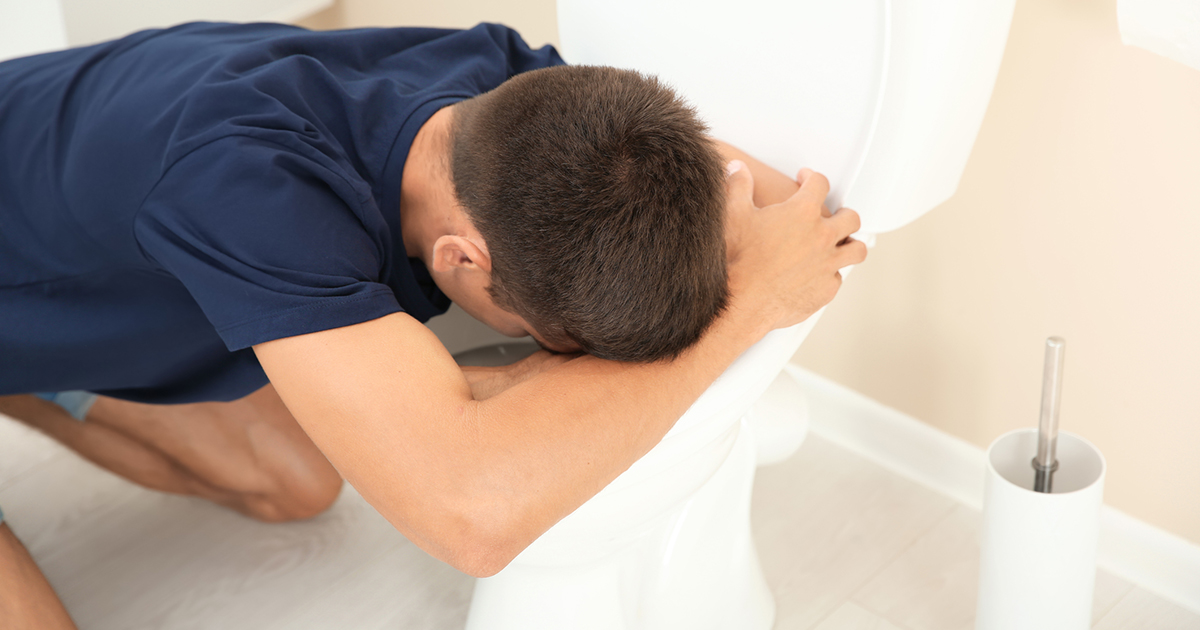Symptoms Of Whooping Cough
Whooping cough, also known as pertussis, is a severe lung and respiratory infection spread by the pertussis bacteria. Due to their small airways, it is especially dangerous for babies and small children. It can be treated in the hospital with antibiotics, but the best treatment is to have the vaccine at the recommended time to prevent infection.
Each year the Center for Disease Control estimates since 2010, there have been anywhere from fifteen to fifty thousand cases of whooping cough in the United States. It's time to discuss the various symptoms of whooping cough including the best-known, a whoop! sound following coughs. Understanding these symptoms can work wonders when it comes to treatment.
Common Cold Symptoms

Whooping cough usually starts off just like the common cold. These symptoms usually begin about one or two weeks after being exposed to the pertussis bacteria. You might find your child has a stuffy or a runny nose, and think they are just coming down with a cold. There may be some other common cold symptoms, such as coughing and apnea, or a low-grade fever. The symptoms will last for about a couple of weeks, and the coughing usually isn't very severe at this stage, no worse than what you might expect of a cold.
As soon as someone starts to show cold-like symptoms, they can pass the whooping cough disease onto others. The disease spreads through airborne contact as the bacteria is exhaled on a cough and other individuals become exposed. If you take antibiotics, you will stop being infectious even sooner, in as little as five days.
Vomiting

Another common issue with whooping cough is though it is a dry cough without mucus, a patient may vomit or severely gag after the coughing fit. If you notice gagging, gasping, or vomiting, then it may still be whooping cough, but the child is having a different reaction to their inability to breathe during the coughs. If you notice your infant or child doing so, tell your doctor so they can make sure they can deliver the right treatment.
However, this is more often a symptom of whooping cough in adults and older children than in babies and very young children. Adults and older children usually have less severe symptoms compared to younger whooping cough sufferers and are less likely to make a whooping noise after a fit. Vomit is more common because the airways are larger, but the severity of the coughing makes them sick. Dehydration is often a risk with whooping cough infections and vomiting will often make that worse. Make sure to contact a doctor if you or a child seem to be dehydrated and cannot take in enough liquids.
